Optimal Timing for Tree Removal
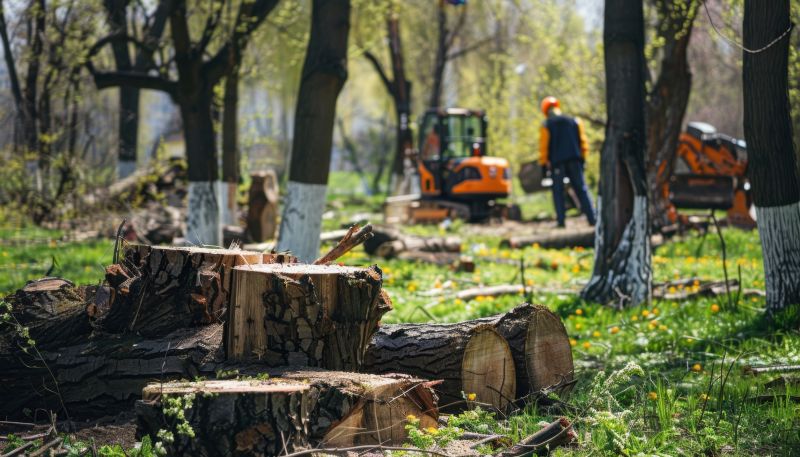
Spring is suitable for tree removal when trees are dormant, reducing stress and promoting healthy regrowth in nearby vegetation.
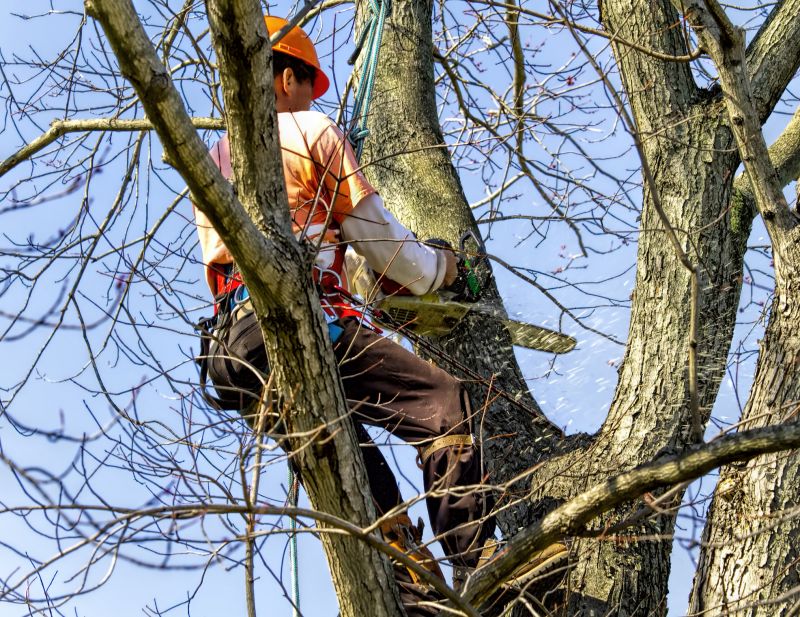
Summer may be appropriate for certain removals, especially when avoiding the wet season, but caution is advised due to increased heat stress on trees.
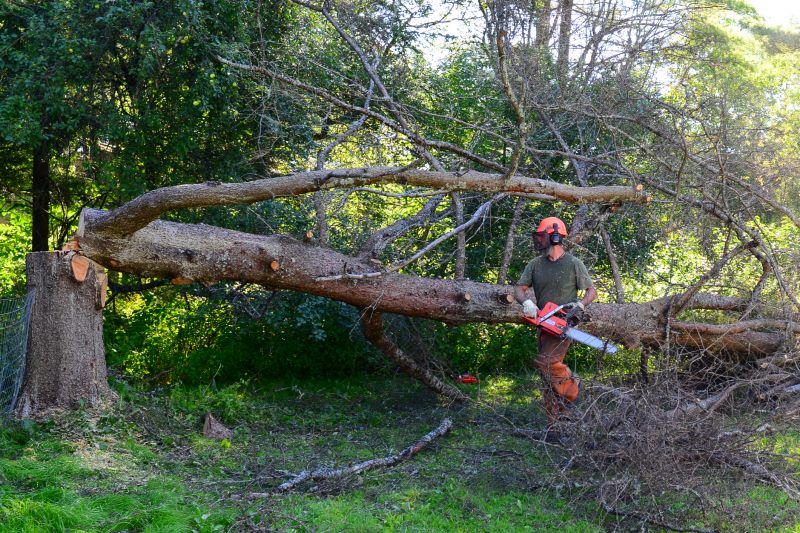
Fall is often ideal for tree removal as trees enter dormancy, minimizing disruption and allowing for safer, more efficient work.
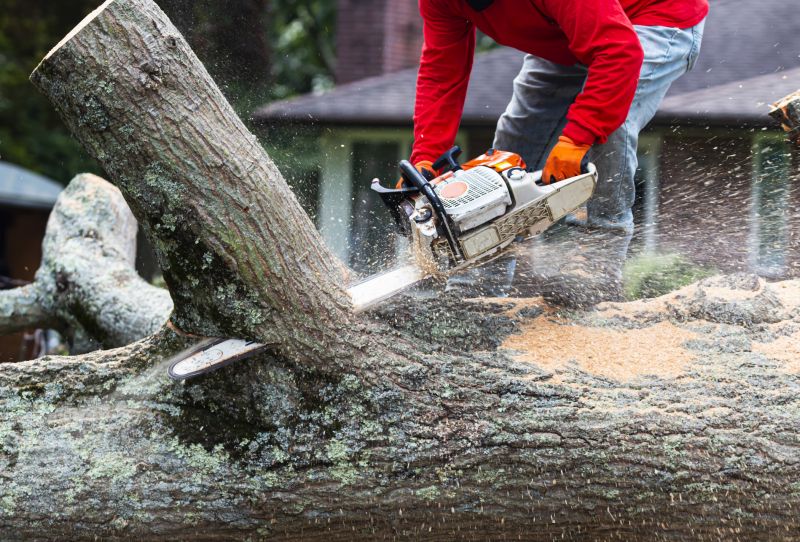
Ways to make Tree Removals work in tight or awkward layouts.
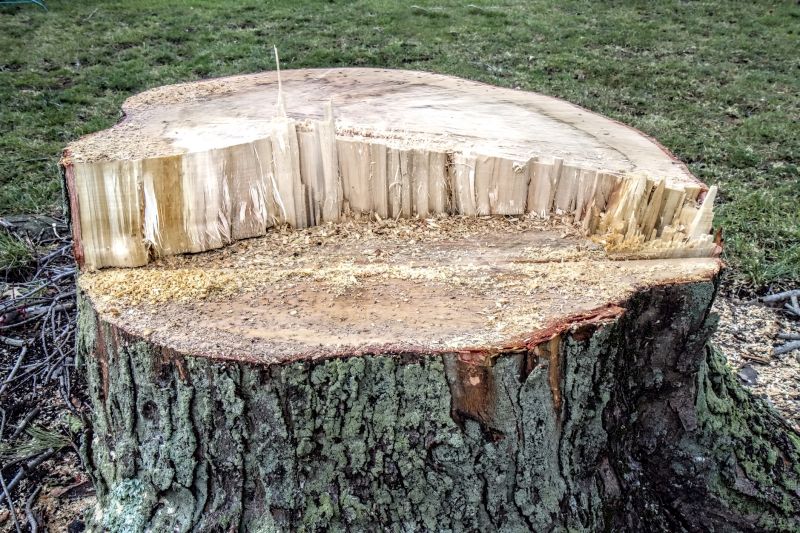
Popular materials for Tree Removals and why they hold up over time.
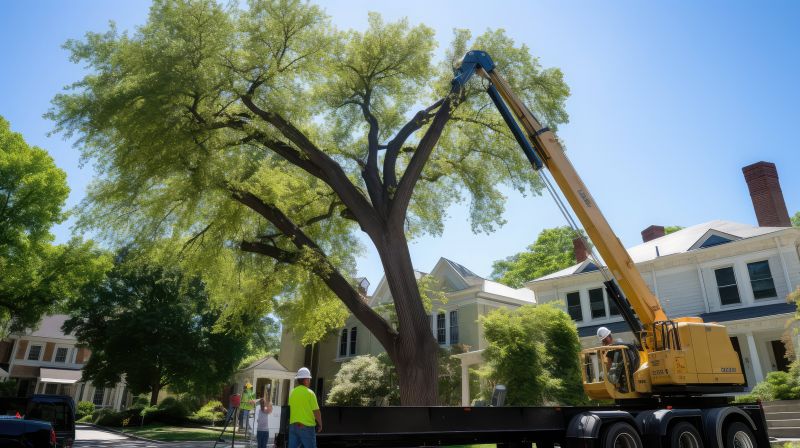
Simple add-ons that improve Tree Removals without blowing the budget.
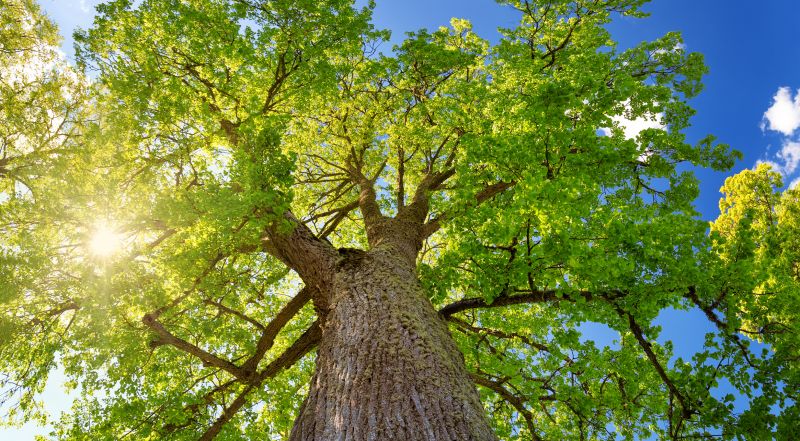
High-end options that actually feel worth it for Tree Removals.
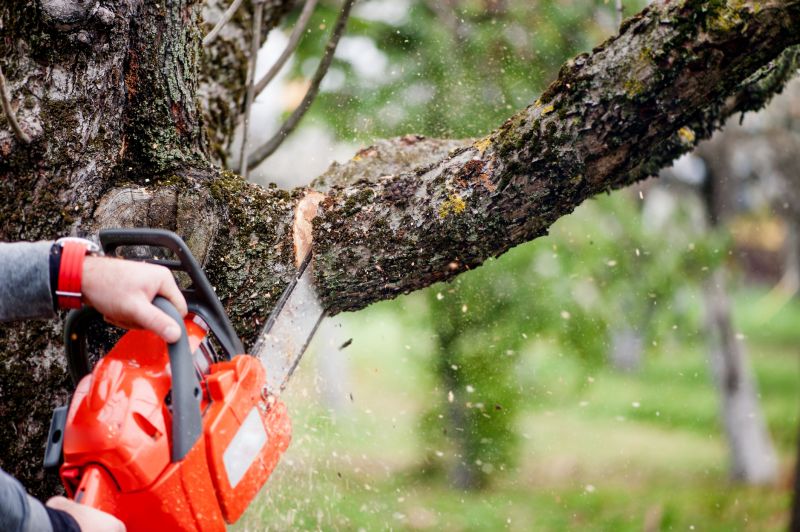
Finishes and colors that play nicely with Tree Removals.
Tree removal timing depends on various factors including tree species, local climate, and specific site conditions. Proper timing ensures safety, minimizes damage to surrounding landscape, and promotes healthy growth of remaining vegetation.
Removing trees during dormancy reduces risk of disease transmission and stress to the tree, making winter months often the preferred period.
Dry weather conditions are preferable for tree removal to prevent soil compaction and facilitate easier access and cleanup.
Timing tree removal to avoid nesting seasons and bird migrations helps minimize ecological disturbance.
Optimal timing considers wind patterns and weather forecasts to ensure safe working conditions for arborists.
| Season | Best Practices for Tree Removals |
|---|---|
| Winter | Ideal for safety and minimizing stress; avoid heavy snow or ice conditions. |
| Spring | Suitable for certain removals; ensure trees are still dormant. |
| Summer | Use with caution; avoid peak heat and drought stress periods. |
| Fall | Optimal for many removals; trees are in dormancy, and weather is generally mild. |
Tree removals are complex operations that require careful planning and execution. The timing of removal can influence the health of the remaining landscape and safety of the process. Consulting with experienced arborists can help determine the most appropriate time based on specific circumstances.
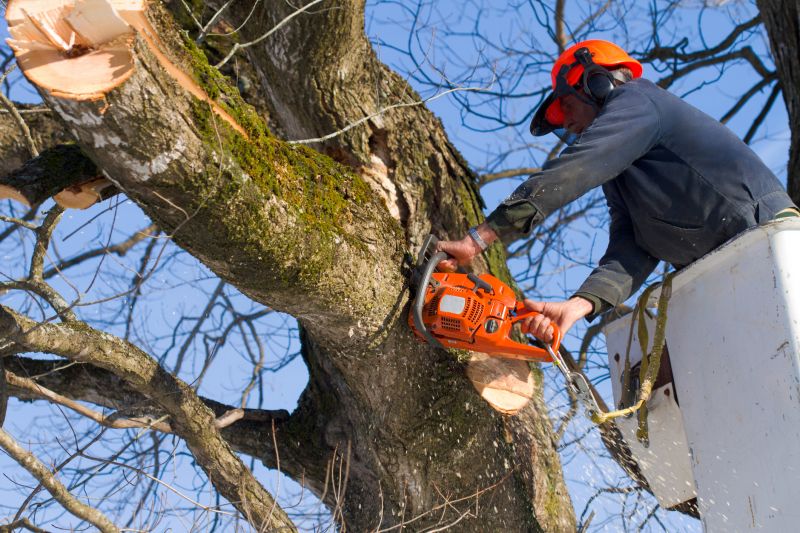
Specialized equipment is used to ensure safe and efficient removal, including cranes, chainsaws, and safety gear.
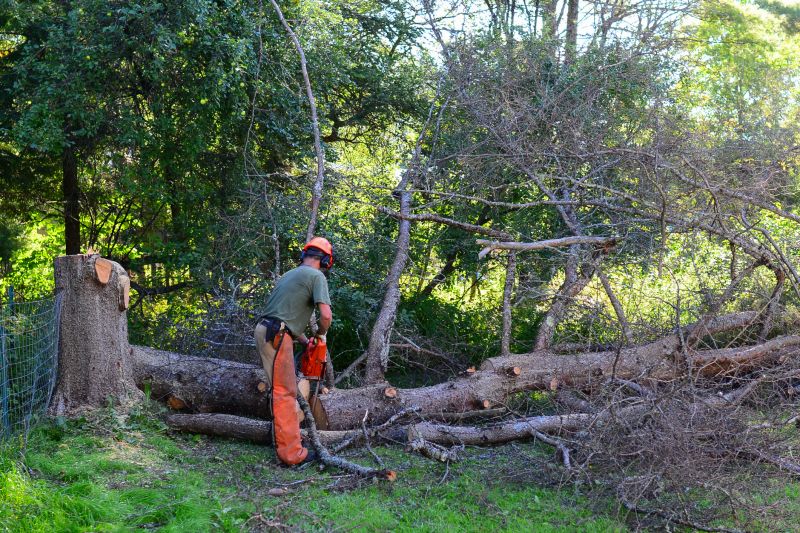
Various cutting techniques are employed depending on tree size and location to minimize impact on surrounding areas.
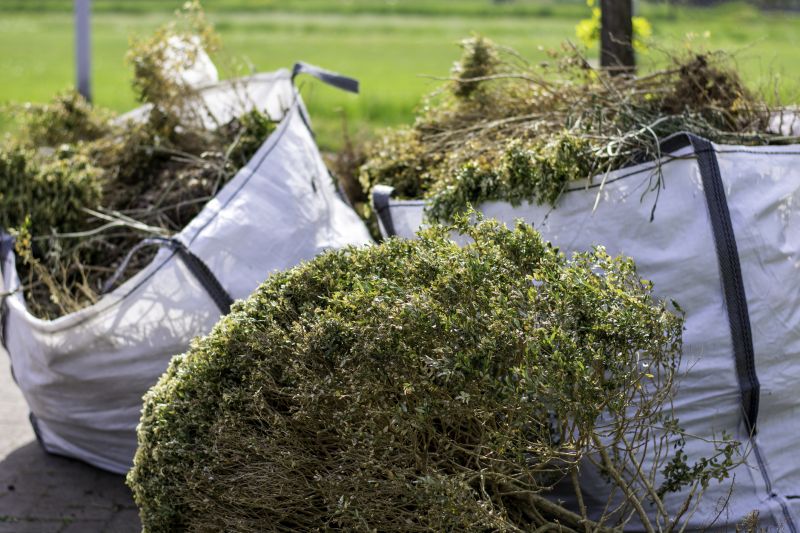
After removal, site cleanup and preparation help restore landscape aesthetics and safety.
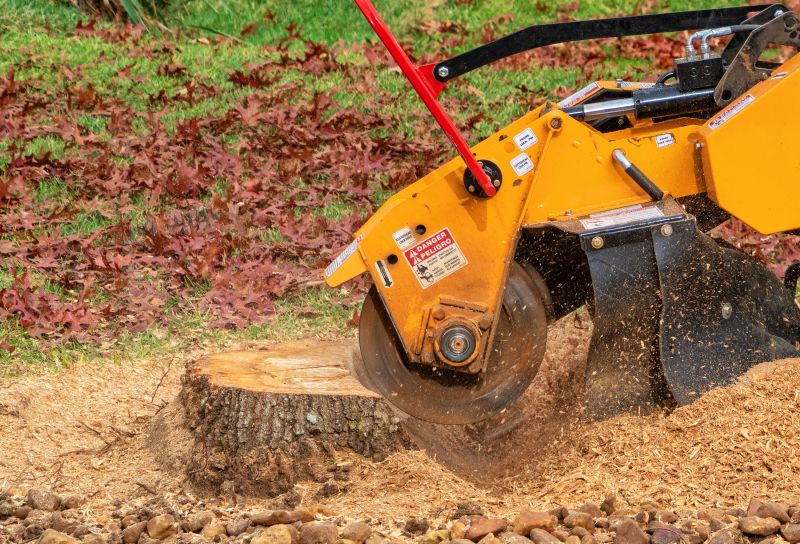
Stump grinding or extraction is often part of the removal process to prevent regrowth and hazards.

Little measurements that prevent headaches on Tree Removals day.
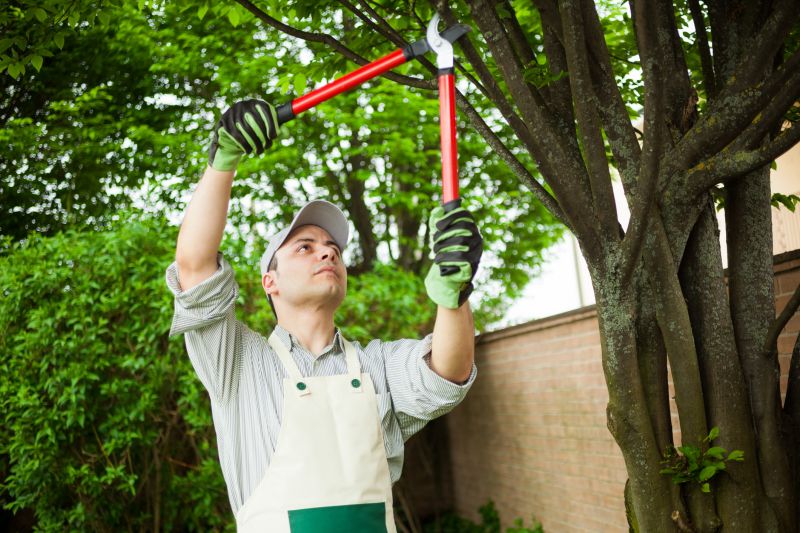
A 60-second routine that keeps Tree Removals looking new.
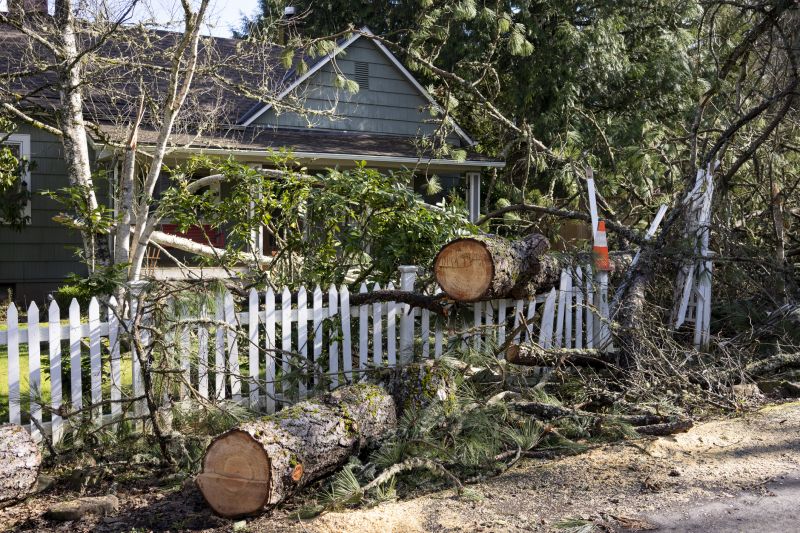
A frequent mistake in Tree Removals and how to dodge it.
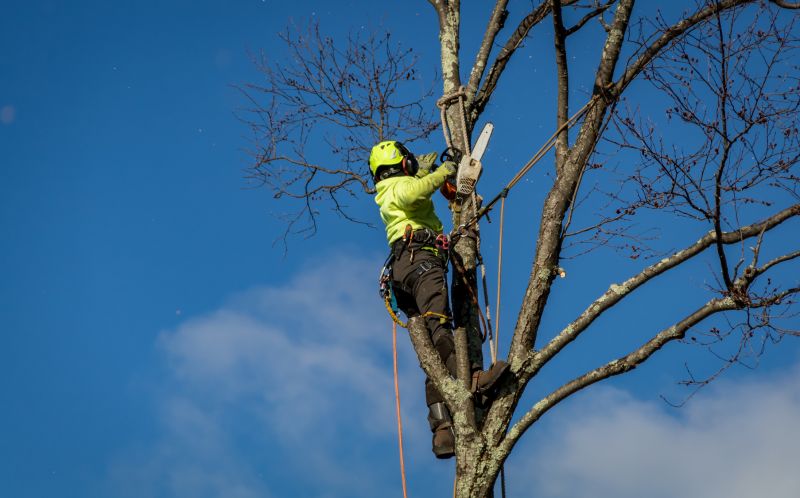
Small tweaks to make Tree Removals safer and easier to use.
Understanding the optimal timing for tree removal can lead to better outcomes for property safety and landscape health. Proper scheduling, combined with professional expertise, ensures efficient and safe operations.
Consulting with arboriculture professionals helps determine the best removal time based on tree health and environmental factors.
Consideration of local wildlife and plant cycles is essential when planning tree removal.
Local regulations may influence the timing of tree removal, especially during nesting or migration seasons.
Interested in scheduling a tree removal? Filling out the contact form can provide access to expert advice and assistance tailored to specific needs.

